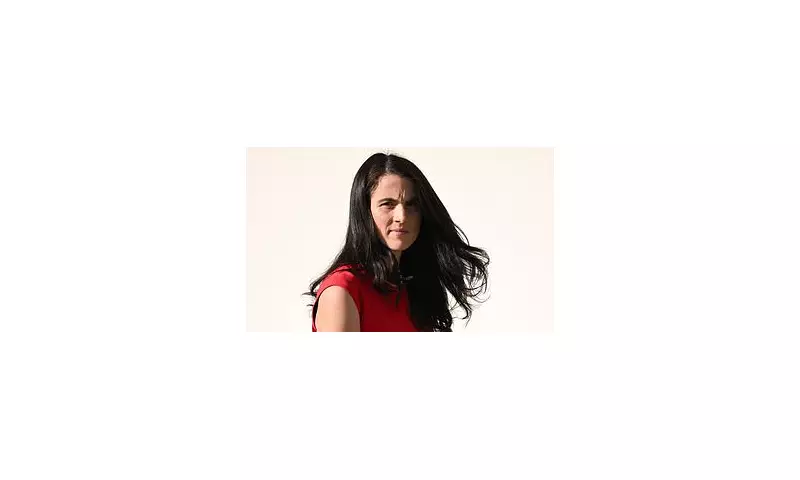
Tatiana Schlossberg, the 35-year-old granddaughter of former US President John F. Kennedy, has publicly revealed her devastating diagnosis with terminal cancer.
A Life-Changing Diagnosis After Childbirth
In a deeply personal essay published in The New Yorker titled 'A Battle With My Blood', Schlossberg disclosed that she received the shocking news of her acute myeloid leukaemia diagnosis shortly after welcoming her second child in May 2024.
The new mother's world turned upside down when a routine medical check revealed alarming abnormalities in her blood work. "A few hours later, my doctor noticed that my blood count looked strange," Schlossberg wrote, detailing the moment that would change her life forever.
While a typical white blood cell count ranges between four to eleven thousand cells per microliter, Schlossberg's results showed a staggering 131,000 cells per microliter - a clear indicator of serious underlying health issues.
Rare Mutation Complicates Treatment
Doctors initially considered that the abnormal blood counts might be related to her recent pregnancy and delivery, but further testing confirmed the worst-case scenario. "It could just be something related to pregnancy and delivery, the doctor said, or it could be leukaemia," she recalled being told.
The diagnosis revealed an even more challenging reality. Schlossberg has a particularly aggressive form of the disease caused by a rare mutation called Inversion 3, which she explained "could not be cured by a standard course" of treatment.
This specific genetic abnormality makes her cancer particularly resistant to conventional therapies, significantly limiting treatment options and contributing to the terminal nature of her diagnosis.
A Kennedy Family's Private Battle
As the sister of Kennedy political heir Jack Schlossberg, Tatiana comes from one of America's most prominent political families. Her decision to share her story publicly represents a courageous step in raising awareness about blood cancers and the challenges faced by young adults diagnosed with terminal illnesses.
Her candid essay provides a raw and intimate look into the emotional turmoil of receiving a life-limiting diagnosis while navigating the joys and demands of new motherhood with a young infant and another child to care for.
The 35-year-old's story has resonated with readers worldwide, highlighting the indiscriminate nature of cancer and the importance of early detection, even in seemingly healthy young adults.






